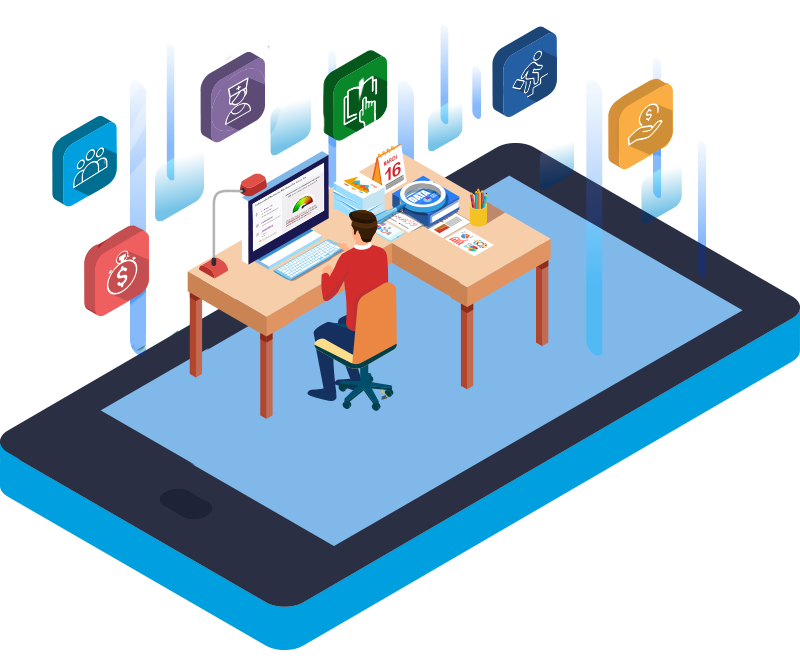ABA Journal
“You may think we’re here to talk about technology, but we’re really here to talk about money,” panelist Michael Mills declared at the beginning of “How to Hire a Robot—or Using Expert Systems in Today’s Law Firm.”
Some visitors to the Thursday afternoon Techshow panel may also have expected to meet a mechanical marvel. In fact, the session on expert systems discussed how technology and legal expertise can make you money.
Expert systems are a kind of Web-based software that automates tasks an expert might perform. TurboTax is one such system, Mills said; so are Web-based medical applications such as WebMD’s Symptom Checker. In a law firm context, that means automating the expertise of a lawyer so that lots of people can use it without individual consultations.
There are lots of reasons a law firm might want to do that, said Mills, co-founder and chief strategy officer of Neota Logic, a software company that allows nonprogrammers to quickly build expert systems. An expert system might be a service other law firms might not offer; it might streamline new client intake; and it’s a marketing tool. Mills, a former attorney, notes that one Web-based expert system got 56 percent of users to give up their email addresses. That’s six times the average conversion rate for professional services websites, he said.
Jason Dirkx, knowledge management counsel at Littler Mendelson, added that expert systems are not likely to take away attorneys’ billable work, as some have worried. Rather, they can be a tool—to generate clients, streamline work and bridge the justice gap for people of moderate means. Mills said such work would come from the low and middle portions on a bell curve of legal decision-making.
“We have found some work that attorneys are not doing anyway,” he says. “We tend to focus our efforts there.”
To do that, law firms can use a variety of software tools; Mills stressed that Neota Logic is just one in a crowded field. But whatever tool you use, the panelists said, start with a design document, a kind of outline that lays out goals and intended users. The example document included a flow chart that roughly paralleled questions an attorney might ask.
Then, said Dirkx, break the problem into steps. As an example, he had prepared an expert system intended to help users see if they’re eligible for a divorce in Illinois. The system asks users a series of questions that an attorney might ask: Do you live in Illinois? Have you or your partner lived there within the last 12 months?
The output can be hosted on the firm’s website for potential clients’ use. Mills said the user experience with his firm’s expert systems appears to happen on the law firm’s site, while the action is actually going on in the cloud on a dedicated server.
Mills warned the audience that breaking legal processes down into steps can be tough for lawyers who are used to going straight to the heart of an issue. “Building an expert system requires stepping back and looking at everything,” he said. “The software makes it easier, but this is work.”
Dirkx added that when he interviewed for his job, he was asked whether his status as a nonpracticing lawyer was a detriment. Not at all, he said.
“I found that not knowing the subject is an advantage when you’re helping an expert break it down, because you aren’t making the jumps you’d make if you knew it,” he said.

